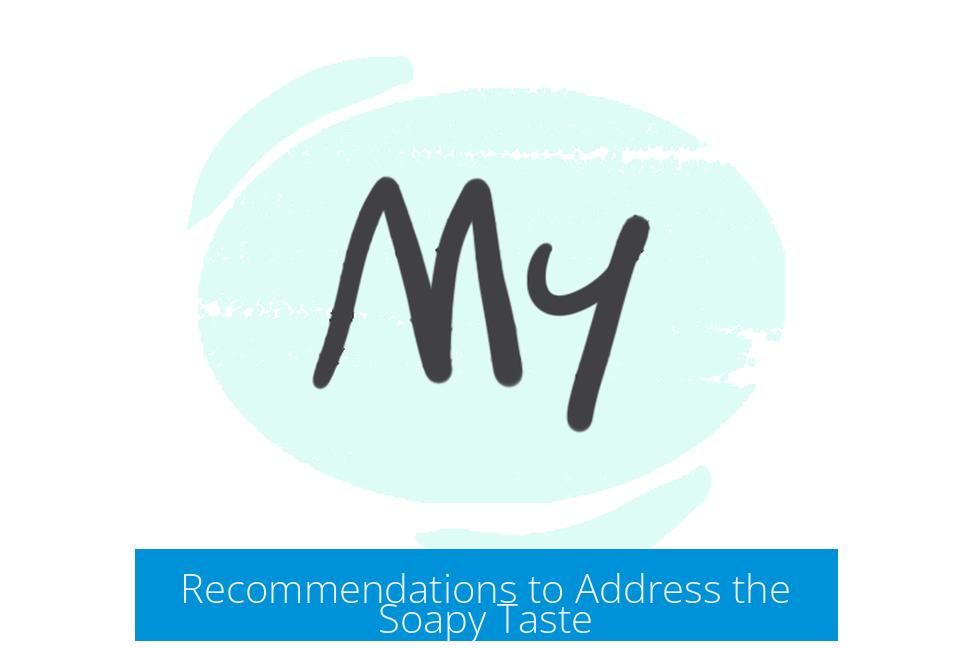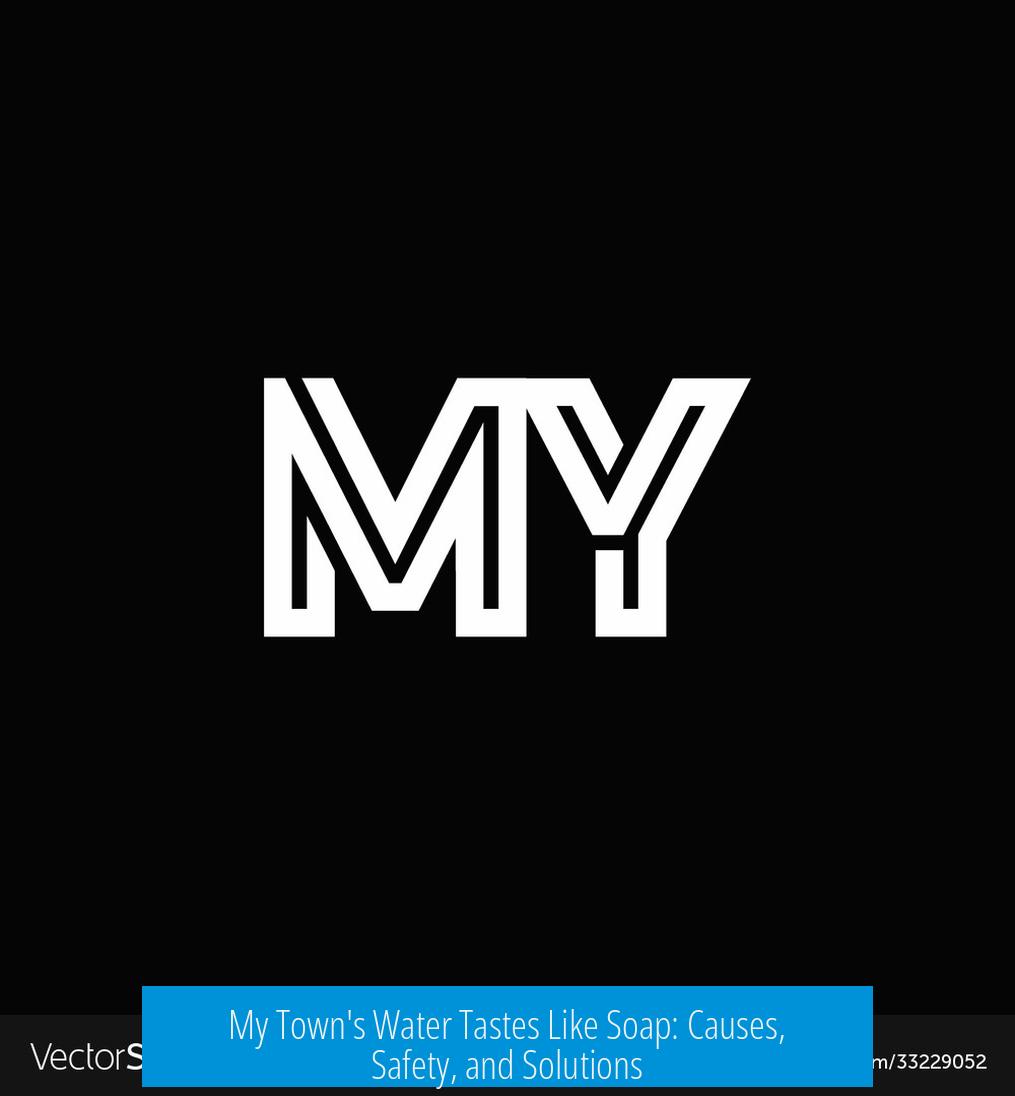Why Does My Whole Town’s Water Taste Like Soap, and Is It Safe?

When an entire community notices a soapy taste in tap water, it raises immediate concerns about water safety and quality. The soapy flavor often results from water composition, treatment chemicals, or residues interacting with containers, but municipal water supplies generally remain safe to drink. Testing and filtration can help clarify and resolve the issue.
Understanding the Soapy Taste in Tap Water
Reports of a soap-like flavor in tap water surface occasionally, especially in regions with very hard water. For example, residents in Arizona’s Phoenix and Page areas have noted this phenomenon. The presence of numerous metal ions in hard water often alters taste profiles, sometimes creating unusual flavors described as soapy or metallic.
In some cases, the taste difference corresponds with the water’s mineral content, influenced by local geology. Water hardness levels measured by calcium and magnesium concentrations can change how water feels and tastes on the palate. Thus, hard water can impart a soapy or unusual mouthfeel without actual soap contamination.
Common Causes of Soap-Like Flavor in Water
- Water Hardness and Mineral Content: High mineral loads, including calcium, magnesium, iron, or manganese, contribute to harsher, soap-like tastes.
- Chemical Additives at Treatment Plants: Chlorine and chloramine disinfectants, sometimes coupled with surfactants, help control pipe corrosion. Excessive surfactant use can leave residual soapy flavors.
- Residues from Household Appliances: Soap or detergent left on dishes or inside dishwashers can flavor water poured into rinsed glasses or plastic containers.
- Container Material Interactions: Plastic bottles, especially those washed repeatedly, may retain detergent residues or leach chemicals that create off-flavors. Glass containers typically avoid this issue.
Health and Safety Considerations
Municipal water systems undergo regular safety checks and must meet stringent regulatory standards. Most municipalities publish water quality reports detailing contaminant levels and treatment procedures. Thus, an unusual taste rarely indicates immediate health risk. Still, residents noticing persistent soap flavors should contact their water provider for updates or testing results.
Certain taste alterations can signal personal health issues. Conditions such as sinus infections or neurological problems may impact taste perception, making water taste abnormal even if it is safe. It is worth considering whether others in the community share the taste experience or if it is isolated.
If safety concerns persist, individuals can request water testing through their municipality or employ third-party laboratories. Water test kits are also available commercially, allowing for home sampling of contaminants including surfactants, metals, and disinfectants.
Recommendations to Address the Soapy Taste

For immediate taste improvement:
- Use Certified Water Filters: Activated carbon filters reduce organic compounds, chlorine, and some detergents, improving taste.
- Install Water Softeners: Systems that substitute sodium or potassium ions for calcium and magnesium reduce water hardness and associated tastes.
- Change Storage Containers: Switching from plastic to glass for drinking water storage limits plastic interaction and detergent residue buildup.
- Rinse Glassware Thoroughly: Ensuring dishwashers and sinks are free of soap residues prevents contamination of drinking vessels.
Additional Observations and Environmental Factors
Some anecdotal evidence links unusual water tastes with broader environmental and health observations, including animal behavior and community health trends. However, these claims lack robust scientific validation and require cautious interpretation.
Individual taste perception varies widely; what some describe as “soapy” could stem from genetic differences in taste buds or sensitivity to specific compounds. For example, some people find cilantro tastes like soap due to a genetic trait affecting aldehyde perception.
Summary of Key Points
- Soap-like taste in water often arises from hard water minerals, treatment chemicals, or residues in containers.
- Municipal water systems adhere to safety protocols; soapy taste usually does not indicate danger.
- Persistent taste issues warrant contacting local water authorities or conducting independent water testing.
- Using water filters, softeners, and glass containers effectively reduces off-flavors.
- Personal health and perception may affect taste experiences; consider this if only one person notices the flavor.
Why does my town’s tap water taste like soap?
The taste may come from hard water with metal ions, chemicals added at treatment plants, or leftover soap residue on dishes or plastic containers.
Is soapy tasting water a sign that the water is unsafe to drink?
Usually not. Municipal water is tested regularly. But if the taste worries you, have your water tested by the city or a third-party lab.
Can my dishwasher or plastic bottles cause a soapy taste in water?
Yes. Soap residue on glassware or frequent use of plastic containers can make water taste soapy.
What can I do to improve the taste of my tap water?
Use a water filter or a water softener system. Switching to glass containers for storage also helps reduce soapy flavors.
Should I be concerned about health issues if water tastes soapy?
Sometimes a soapy taste can reflect personal health issues like oral infections, but more often it relates to water composition or contamination from household items.




Leave a Comment